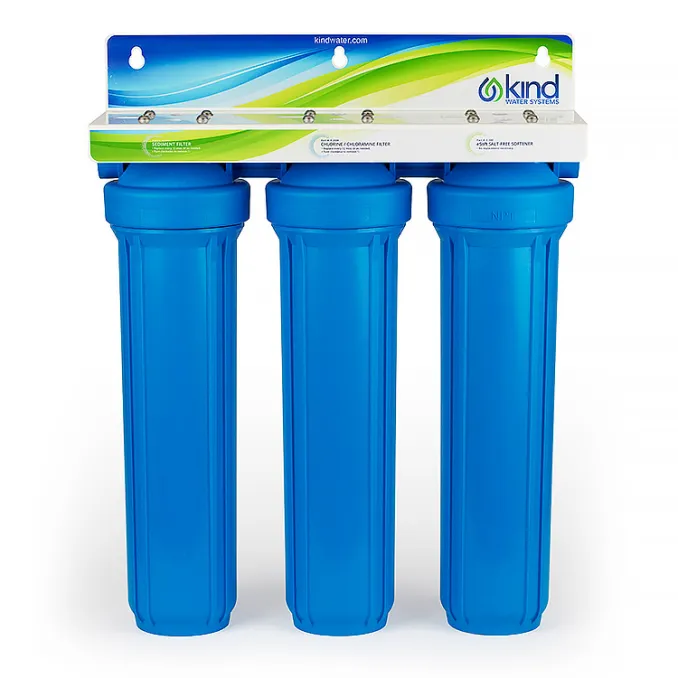Selecting a home companion for your loved one involves ensuring that the caregiver possesses the appropriate qualifications and training. These requirements are essential to provide high-quality, safe, and effective care. Here’s an overview of the training and certification requirements that you should look for when evaluating caregivers from a live-in home care agency.

Content
Basic Qualifications
1. Educational Background
While formal education requirements for home companions can vary, many agencies prefer candidates with at least a high school diploma or GED. Higher educational qualifications in healthcare, such as a degree in nursing or a related field, can be advantageous.
2. Certified Nursing Assistant (CNA) Certification
Many home companions hold a CNA certification, which provides them with the skills necessary to assist with daily living activities, monitor vital signs, and perform basic medical tasks. This certification typically requires completing a state-approved education program and passing a competency exam.
Specialized Training
1. First Aid and CPR Certification
First aid and CPR certification are crucial for home companions. These skills enable caregivers to respond effectively to emergencies, such as choking, cardiac arrest, or falls. Many certification programs are available through organizations like the American Red Cross or the American Heart Association.
2. Medication Management
Training in medication management is essential for caregivers who assist with administering medications. This training covers understanding prescriptions, proper dosage, timing, and recognizing potential side effects or interactions.
3. Dementia and Alzheimer’s Care
Specialized training in dementia and Alzheimer’s care is crucial for caregivers working with clients who have cognitive impairments. This training focuses on communication strategies, behavior management, and creating a safe environment for individuals with memory-related conditions.
Continuous Education
1. Ongoing Training Programs
Reputable live-in home care agencies often require caregivers to participate in ongoing training to stay updated with the latest caregiving techniques and best practices. These programs might include workshops, online courses, and in-service training sessions.
2. State Requirements
Many states have specific requirements for home companion training and certification. These requirements can include a minimum number of training hours and passing a state certification exam. It’s important to ensure that the caregiver meets these state-specific criteria.
Background Checks and Screenings
1. Criminal Background Check
A thorough criminal background check is essential to ensure the safety of the client. This check should cover national and state databases to identify any past criminal activity.
2. Reference Checks
Reference checks from previous employers or clients can provide valuable insights into the caregiver’s reliability, work ethic, and professionalism. Speaking with past clients can help gauge the caregiver’s performance and suitability.
Soft Skills and Personal Attributes
1. Communication Skills
Effective communication is vital for caregivers. They must be able to understand the needs of their clients and convey important information to family members and healthcare professionals.
2. Compassion and Patience
Caregiving requires a high level of compassion and patience. The ability to empathize with clients and manage challenging behaviors with kindness and understanding is crucial.
3. Problem-Solving Skills
Caregivers often encounter unexpected situations that require quick thinking and problem-solving abilities. Training programs typically include scenarios that help develop these skills.
In summary, ensuring that a home companion has the necessary training and certifications is crucial for providing high-quality care. A live-in home care agency should provide caregivers who are well-qualified, continuously trained, and thoroughly vetted to meet the diverse needs of their clients. By prioritizing these qualifications, you can ensure that your loved one receives the best possible care.

Karen is a health blog author who has been writing about healthy living since 2013. She started her journey by adopting a vegan diet and eating only organic foods, but the more she learned, the more she realized that we should all be eating plant-based diets exclusively. As an expert in nutrition and wellness, Karen blogs to educate readers on how they can live happier and healthier lives through food choices!












